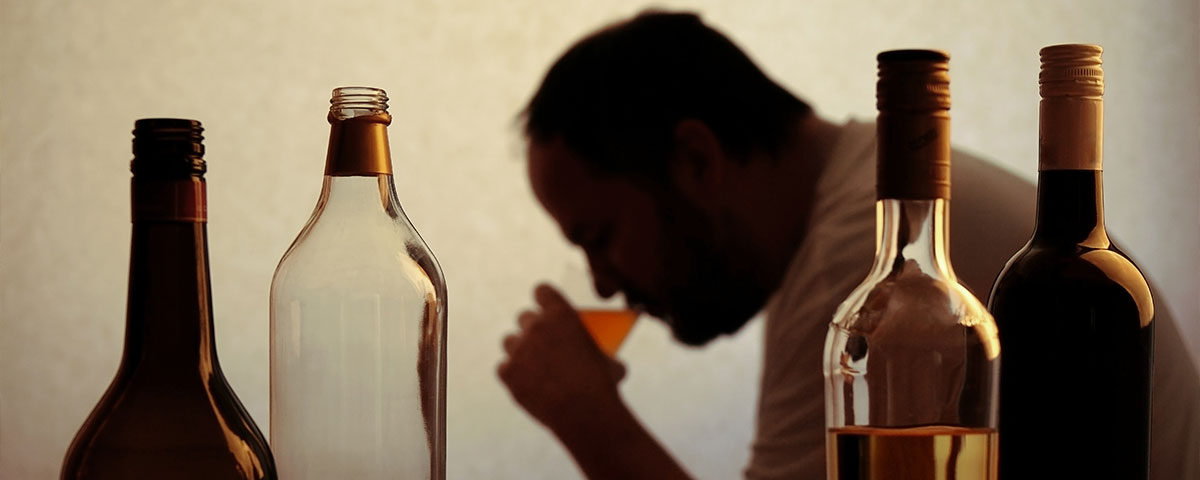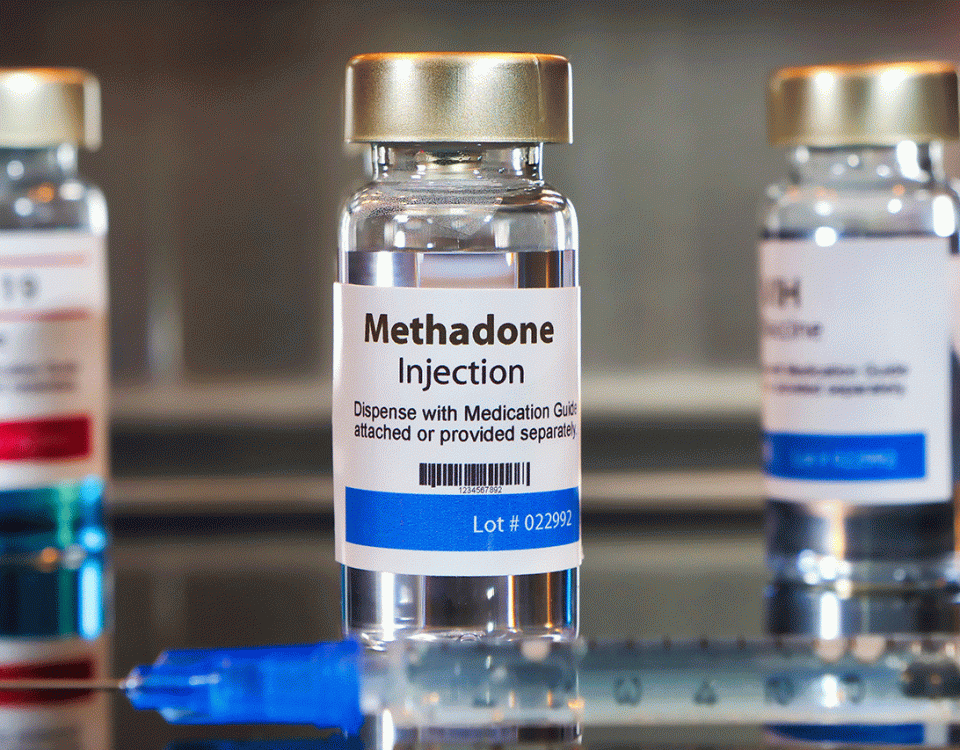Causes of Alcoholism
Alcoholism, or alcohol use disorder (AUD), refers to a disease associated with the inability to stop drinking. A person with alcoholism may struggle with a compulsive desire and need to drink alcohol. Addiction is a disease that’s both progressive and chronic and often leads to a long list of health problems. However, despite the physical and psychological issues that alcoholism can cause, such as cancer and liver failure, a person with a drinking problem won’t be able to quit without help. We’re sharing the causes of alcoholism, the risk factors, and some treatment options offered at our nationwide drug and alcohol treatment center.
What Causes Alcohol Addiction?
There are several causes of alcohol addiction that are more common than you may realize. This addiction occurs when a person drinks to the point where the chemical balance in their brain shifts. Chronic drinking can change the way a person’s brain functions, mainly because of the euphoria and pleasure it can produce. Like other drugs, alcohol can affect the release and uptake of chemicals like dopamine, which play a role in reward and pleasure. A person may enjoy this feeling when they drink heavily and would need to drink even more than usual as their body gradually becomes accustomed to alcohol. Below are a few common causes of alcoholism that you should be aware of.Family history
A person who has a family history of alcoholism is more likely to develop this condition. A family history of alcoholism is partly biological and partly environmental. It’s common for children to learn certain behaviors from their parents or guardians, most of which they will mimic as they get older. Frequently being around relatives who drink heavily can influence you to do the same. Some researchers also believe that certain genetics increase the likelihood of this occurring, as well. If you begin to realize that you or a loved one is developing a drinking problem, Banyan Treatment Centers offers an alcohol detox that can help kickstart the recovery process.
Drinking from an early age
Another one of the most common causes of alcohol dependence is drinking from an early age. The earlier you start drinking, the more comfortable you may be with drinking an excessive amount of alcohol and drinking for long periods. For many, the period of alcohol abuse begins in their early teens and progresses as they get older. Struggling with drinking problems from so early in life makes it more difficult to recover and increases the person’s chance of requiring alcoholism treatment to get sober.
Stress
Stress is another common cause of alcoholism. As a depressant or sedative, alcohol can produce a feeling of pleasure and relaxation. A person who’s under a lot of stress at home, work, or school may attempt to find solace in a few drinks. However, turning to alcohol for emotional support often creates an emotional dependence that leads to a physical addiction. Emotional attachment is a huge underlying factor of addiction that’s often disregarded, which is why we incorporate special therapy programs in our substance-specific treatments.
Mental illness and trauma
Mental illness, like stress, can produce a variety of symptoms that can be difficult to manage without treatment or professional care. It’s common for people who are struggling with disorders like schizophrenia or post-traumatic stress disorder (PTSD) to drink alcohol in an attempt to escape their symptoms. However, this combination usually only makes the situation worse and usually results in a co-occurring disorder. Banyan also offers dual diagnosis treatment for individuals struggling with both a mental illness and addiction.
Polysubstance abuse
Some people develop an alcohol addiction because they mix with other substances, like prescription drugs. Polysubstance abuse is common and often done to experience a more severe and longer-lasting high. However, not only can doing so increase the risks of overdose and the severity of symptoms, but it can also lead to an additional form of addiction that the person wasn’t anticipating. One of the best ways to detox from multiple drugs and begin the recovery process is with our medically monitored detox.
Peer pressure
Peer pressure is being influenced by a person’s peer group. Peer pressure can happen to anyone at any age, and many people fall under the pressure of their peers more often than they realize. We tend to mimic the habits of the people we surround ourselves with the most. If your close friends and family members are heavy drinkers, you’re more likely to be a heavy drinker as well. While this doesn’t always happen, it’s important to keep in mind who you spend time with and stand your ground when faced with the pressure to either do anything you don’t want to, or that’s dangerous.
Home/family environment
A person’s home environment is also a huge determining factor in whether a person drinks. Many children who do not receive parental care or supervision are more likely to experiment with drugs or alcohol simply because they have the freedom to do so. Childhood trauma and abuse can also lead a person to drink to escape their problems at home. If you’re a parent, be sure to talk to your kids about the dangers of substance abuse and what they should avoid.
Risk Factors For Alcoholism To Look Out For
There are usually red flags that indicate a drinking problem. Here are some common risk factors of alcoholism that can increase a person’s chances of chronic drinking.
- Childhood trauma or abuse
- Abuse of any kind
- Financial struggles
- Divorce
- Death of a loved one
- Loss of a job
- Drinking more than 15 alcoholic drinks per week (for females)
- Drinking more than 12 alcoholic drinks per week (for males)
- Having a parent with alcoholism
- Having a mental disorder
- Living in a family or culture where drinking is common and accepted
- Have a close relative with alcoholism
Long-term alcohol abuse can lead to liver disease, kidney damage, cancer, and more without treatment. Call Banyan now at 888-280-4763 to learn how our residential treatment program can help you or someone you care about get sober.
Related Readings:




















